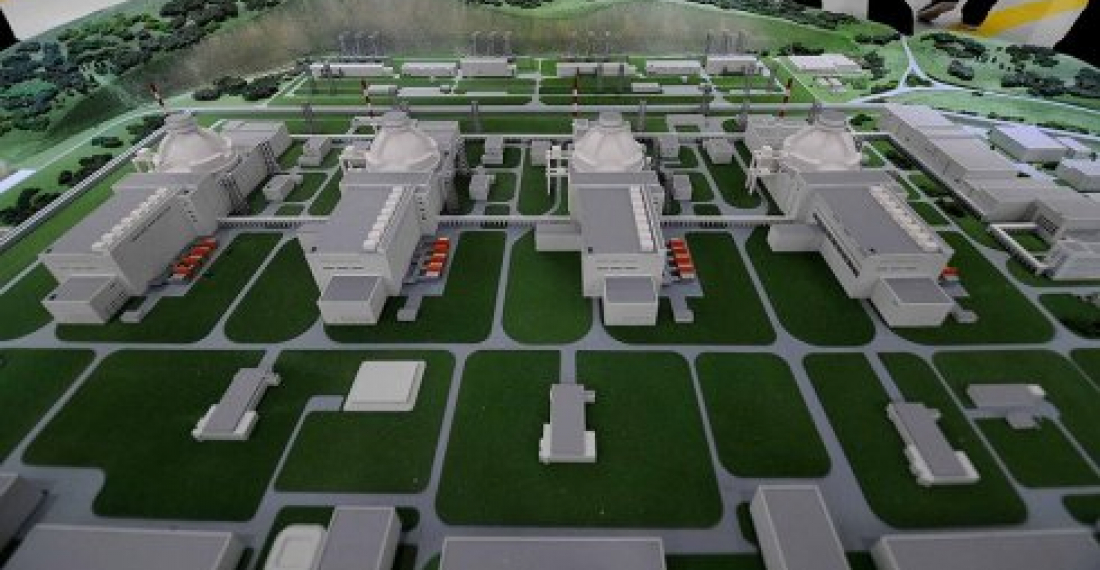The construction of Turkey's first nuclear power plant, which will generate 35 million megawatt-hours of power per year, begins Tuesday (3 April) with a groundbreaking ceremony. President Putin of Russia, who starts an official visit to Ankara today, will, together with Turkish president Recip Tayip Erdogan, join the cermeony by video link from Ankara.
In a bid to expand the share of domestic resources and decrease dependence on imported energy resources, Turkey embarked on a nuclear program with power plant projects in 2010, when the country signed an agreement for the first nuclear power plant in Akkuyu, in the southern province of Mersin. The project is contracted to Russia's State Atomic Energy Corporation, Rosatom, with Turkish partners holding a 49 percent stake in the project, the construction of the Akkuyu Nuclear Power Plant (NPP).
Akkuyu NPP will create jobs for 10,000 people during construction. When it starts operating, and its workforce once it starts operating will reach around 3,500 people. With an estimated cost of USD 20 billion, the Akkuyu NPP has is the highest single project investment in Turkey. The plant will consist of four reactors with a capacity of 4,800 megawatt (MW) of installed power with each reactor having a 1,200-MW capacity. It is scheduled to be complete by 2023, coinciding with the centennial of the Republic of Turkey.
The Akkuyu Power Plant will have a service life of 60 years. Once operational, the power plant is estimated to meet around 10 percent of Turkey's electricity demand, which equals to the power consumption of Istanbul, Turkey's largest metropolis.
The first agreement on the Akkuyu NPP project was signed with Russia in 2010 and Rosatom was commissioned to construct it in 2013.
Akkuyu is one of several nuclear reactors currently being constructed, including 19 in China, 7 in Russia and 6 in India. In addition, there are 2 nuclear reactors being built in the U.S., 4 in the United Arab Emirates, 3 in South Korea and 1 in France.
source: commonspace.eu with Daily Sabah (Ankara)
photo: An model of the new Akkuyu Nuclear Plant to be constructed in the Turkish province of Mersin (archive picture)






